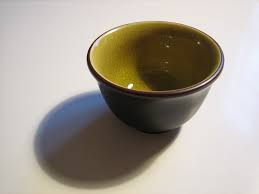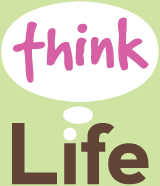Beginner’s Mind: Empty Your Cup
In the beginner’s mind there are many possibilities, in the expert’s mind there are few.
Shunryu Suzuki Roshi
Patience was never a particular strength of mine. As a child I was fidgety, and as a young woman I was always striving to get my ducks in a row and fixated on the destination rather than on the journey. Thankfully, time, maturity and the practice of mindfulness have tempered this less lovable aspect of my nature, but I still find myself challenged on occasion.
A case in point was the recent head butting between my Qigong master and I, largely (okay, primarily) due to impatience and stubbornness on my part. Having trained in Qigong in the past, and cultivated a sound understanding of oriental medicine, I felt more than confident – overly so. Although I had embarked on this new learning with the resolve to have an open mind and heart, I found myself struggling to let go of certain assumptions and modes of thinking. Ego, thy can be such a pain in the ass.
For clarity and inspiration, I reread Zen Mind, Beginner’s Mind by Zen Buddhist Master, Shunryu Suzuki. In Zen Buddhism, there is the concept of Shoshin (初心), which translates as “beginner’s mind.” What does it mean to have a beginner’s mind? It means having an attitude of openness, eagerness, and optimism. It means setting aside our egos and being free of judgement and preconceptions. It means cultivating a childlike joy, curiosity and wonder in our approach to all learning in life.
This wonderful Zen classic captures the essence of beginner’s mind:

A Cup of Tea
Nan-in, a Japanese master during the Meiji era (1868-1912), received a university professor who came to inquire about Zen.
Nan-in served tea. He poured his visitor’s cup full, and then kept on pouring.
The professor watched the overflow until he no longer could restrain himself. “It is overfull. No more will go in!”
“Like this cup,” Nan-in said, “you are full of your own opinions and speculations. How can I show you Zen unless you first empty your cup?”
I’ve emptied my cup. Do you need to empty your own cup?

